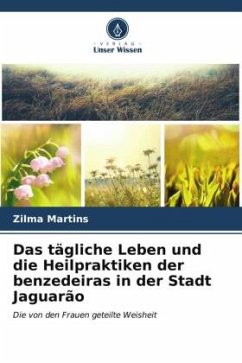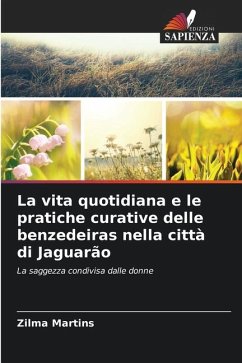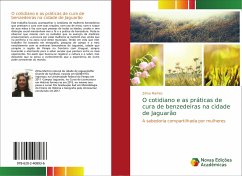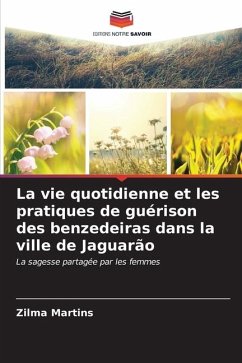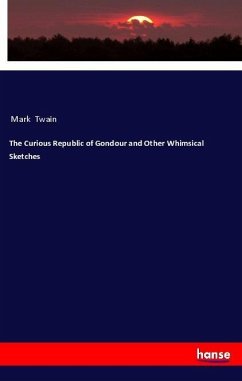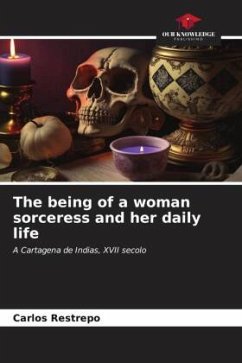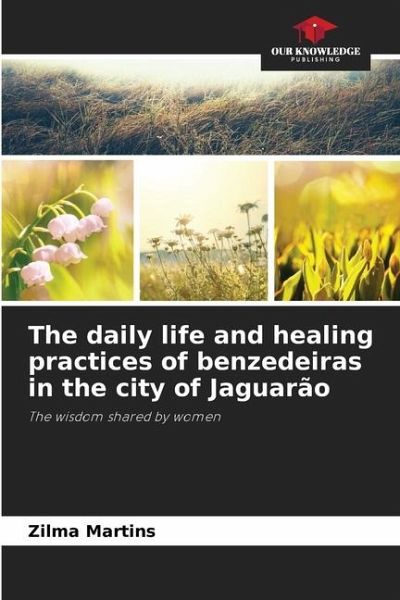
The daily life and healing practices of benzedeiras in the city of Jaguarão
The wisdom shared by women
Versandkostenfrei!
Versandfertig in 6-10 Tagen
24,99 €
inkl. MwSt.

PAYBACK Punkte
12 °P sammeln!
This work sought to follow the daily lives of women benzedeiras who practice healing with their prayers, with the use of herbs, with the touch of their hands and make people of all ages, creeds and without social distinction keep faith and the practice of benzedura alive. It can be seen that even with the care provided by medical advances, the demand for these women is still alive, albeit on the outskirts and in the rural areas of this municipality. Bearing in mind that this work was based on ethnography, field research and my involvement with the women benzedeiras of Jaguarão, a city that ma...
This work sought to follow the daily lives of women benzedeiras who practice healing with their prayers, with the use of herbs, with the touch of their hands and make people of all ages, creeds and without social distinction keep faith and the practice of benzedura alive. It can be seen that even with the care provided by medical advances, the demand for these women is still alive, albeit on the outskirts and in the rural areas of this municipality. Bearing in mind that this work was based on ethnography, field research and my involvement with the women benzedeiras of Jaguarão, a city that makes up the Pampa region on the border with Uruguay, I was always looking for and paying attention to the secular knowledge that endures among the most experienced. This is how we sought to record culture and knowledge, without losing the knowledge that the experience of others can add to the world.





